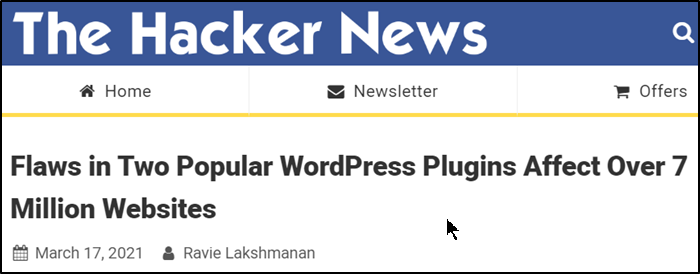Be Careful What You Say: Monitoring Web Activity
Our web monitoring service is about helping you stay in control of your web presence, ensuring your service is always up and running for your customers.
But there is a more nefarious type of web monitoring out there. Huge databases are storing all forms of communication, including private emails, cell phone calls, the websites you’re visiting, the purchases you make and the words you search.
And who are these nasty cyber thieves? Hackers? Enemies of the state?
No… it is the state – the US government.
Since 9/11, legislation such as the USA PATRIOT Act has allowed the government to grant itself ever increasing powers to monitor web activity. The lines between civil liberties and national security are naturally going to be blurred at times. In fact, whatever policy stance the government takes they’re going to upset some group or another.
But the more you hear about web monitoring conducted by the government, the more it feels you with a little bit of concern. According to a recent Wired article, the Obama administration is building a massive, secret data center facility in Utah (at a cost of $2 billion). The center will mine vast amounts of data collected from US citizens and presumably anyone else they want to.
And it’s not like this monitoring of web activity is confined to suspected terrorists or other criminals. No, anyone could end up with his or her private information passing through the centre.
But is all this web monitoring a bad thing?
Of course it’s not just terrorism where there is a need to monitor online activity. America loses billions of dollars every year from foreign-based hackers stealing valuable data from US computers. Disrupting this kind of activity has very real benefits for our economy.
Besides the government also seems to be making some positive noise around the protection of privacy online with a blueprint for a Consumer Privacy Bill of Rights. As Obama himself said:
“It is incumbent on us to do what we have done throughout history: apply our timeless privacy values to the new technologies and circumstances of our times.”
Are you thinking what I’m thinking? Yes, there does seem to be a slight conflict of principles when you listen to the private conversations of law-abiding citizens on one hand, and argue for better protections for the privacy of online consumers on the other.
So it seems the solutions are never simple, because the problem is so complex.
I think we’ll stick to the good kind of web monitoring. Making sure you know exactly how your websites are performing and helping you to maintain next to perfect website uptime.

Archives:
- April 2022 (1)
- April 2021 (1)
- February 2021 (1)
- January 2021 (2)
- December 2020 (1)
- January 2020 (2)
- October 2019 (1)
- September 2019 (1)
- August 2019 (1)
- July 2019 (1)




















